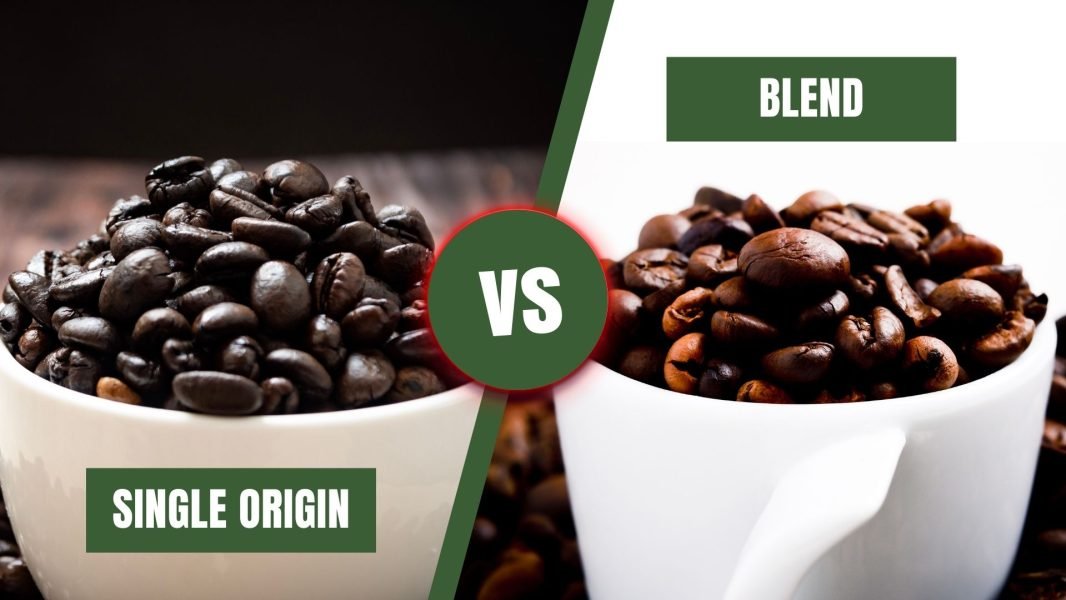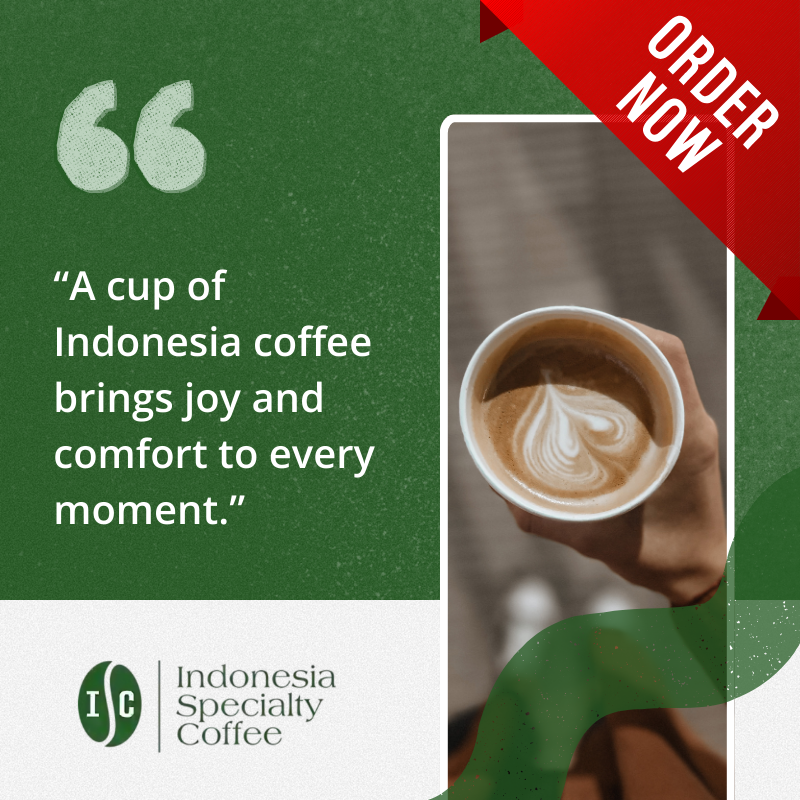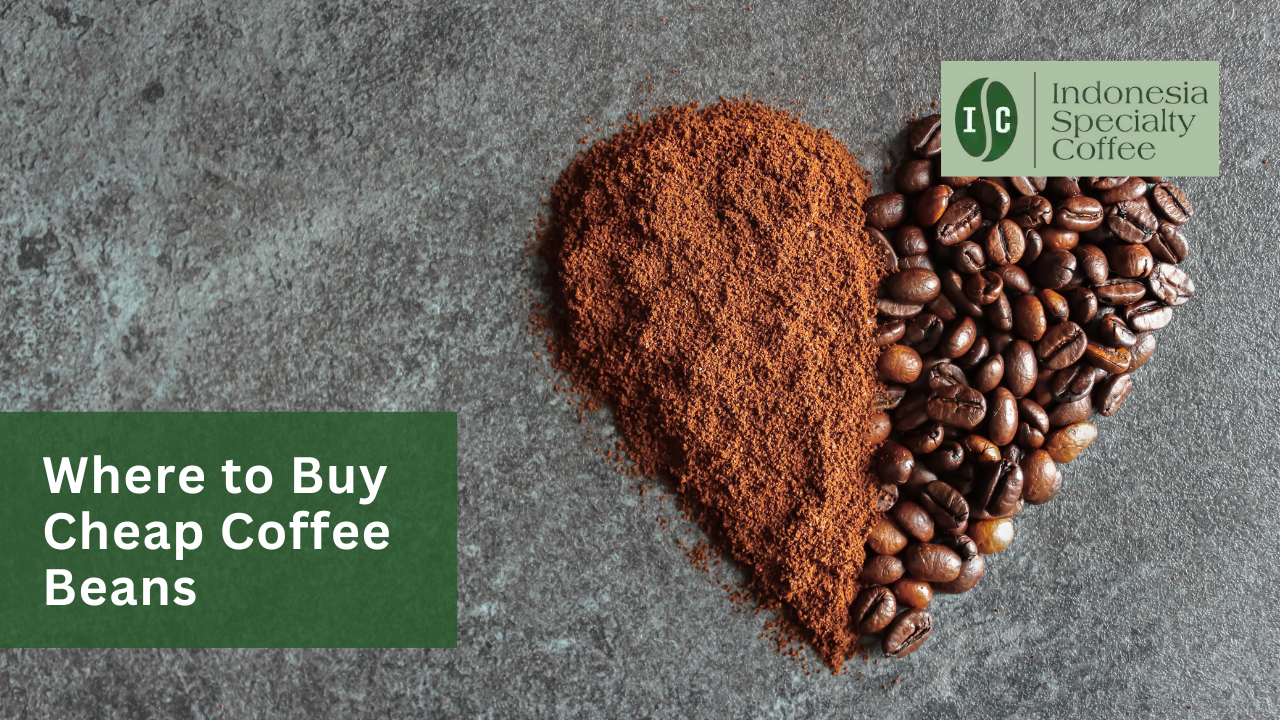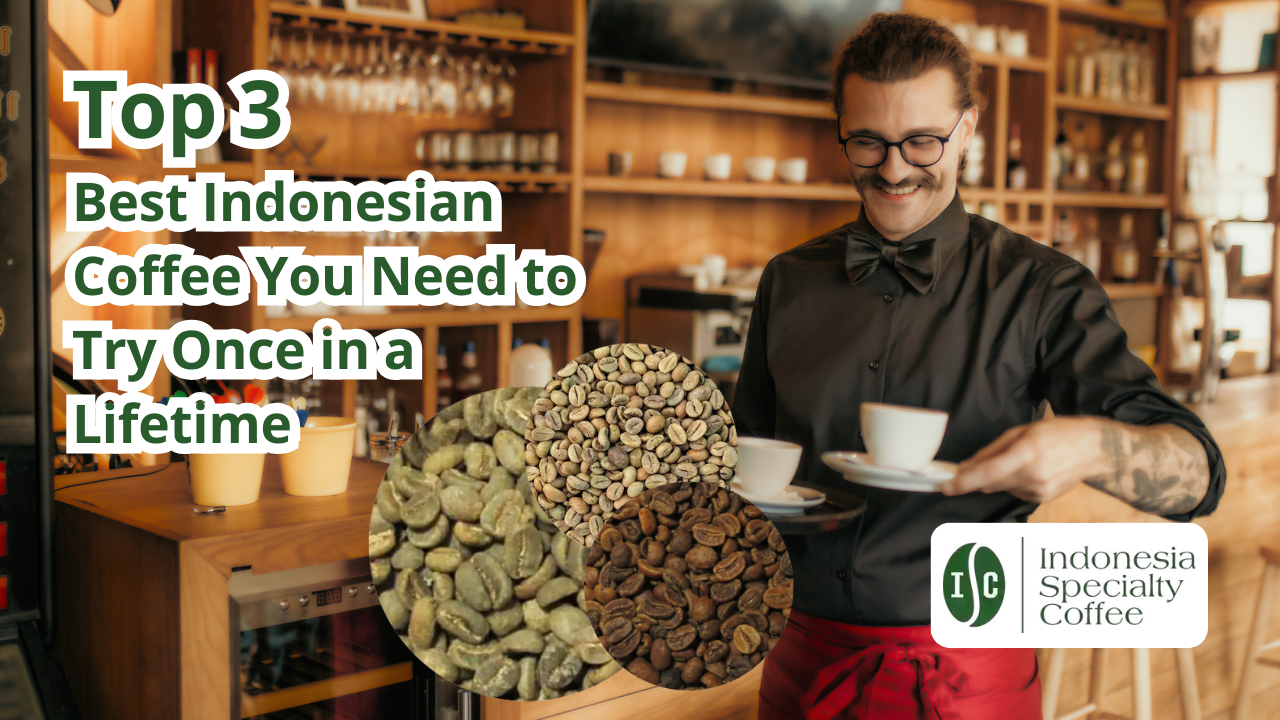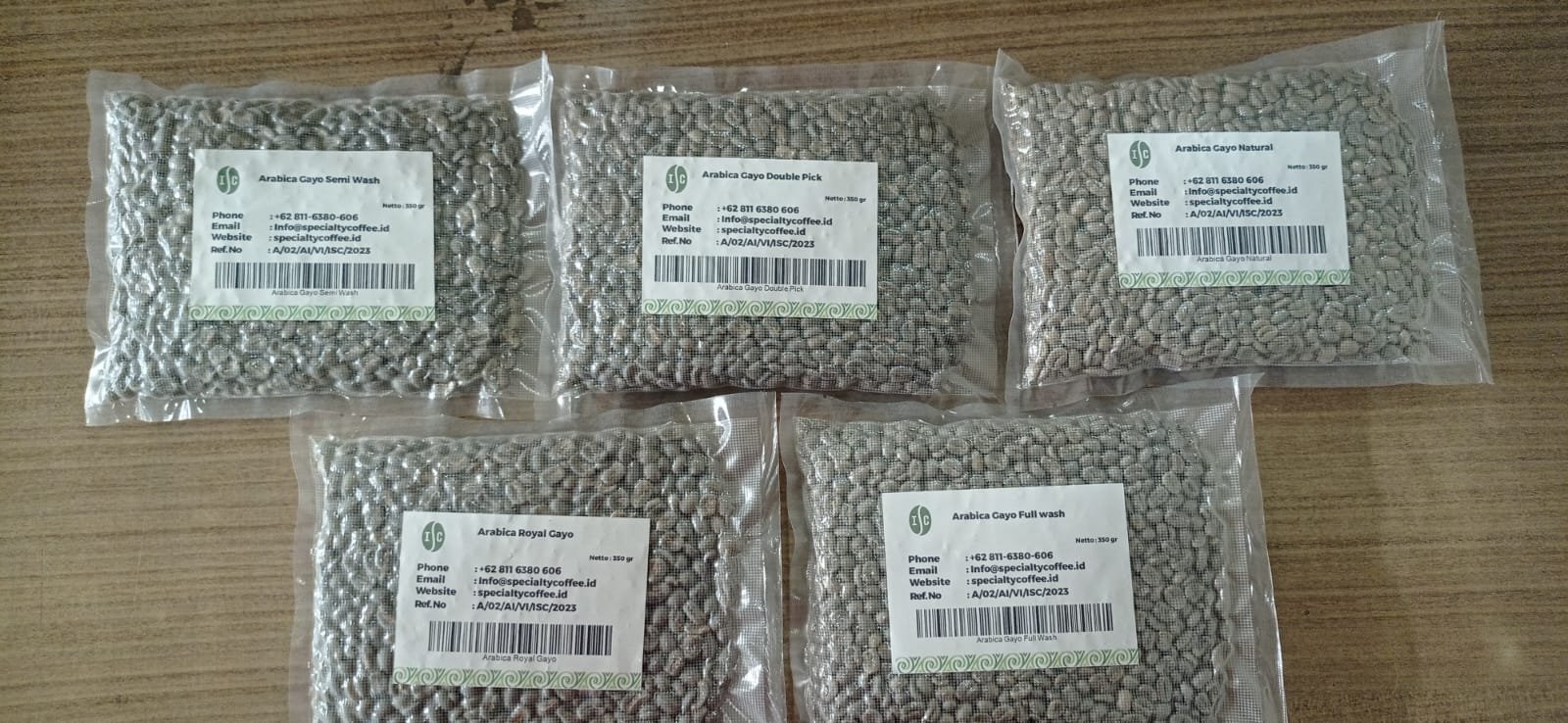Coffee lovers can make a friendly community, but when it comes to the comparison between coffee single origin vs blend, the debate of which one is better seems endless. In this article, you will learn how the two kinds of coffee differ, so you can easily choose and buy the one that is suitable for you.
Table of Contents
What is a Single Origin?

Just like what it is called, the single origin is a kind of coffee that originated from one specific region, country, or even farm. Because of the fact that it comes from a single source, single origin coffee is only available at a specific harvesting time. That is why this kind of coffee has unique flavor profiles that are distinctive to its origin.
For example, in Indonesia, there are several regions known for producing high-quality single origin coffee, including Sumatra, Sulawesi, and Java. Sumatra Mandheling coffee, one of the most famous single origin coffees from Indonesia, is made from green coffee beans from the Mandheling region of North Sumatra. These beans are known for their herbal, spicy, and mild caramel flavor notes. Similarly, Toraja coffee is made from green coffee beans from the Sulawesi region which is prized for its complex flavor profile, which includes notes of chocolate and spice.
One of the key benefits of single origin coffee is the transparency in the sourcing process. The beans are sourced from one location, and the roaster can provide information about the farm, farmer, and growing conditions. By providing information about the journey of the coffee beans from the farm to the consumer’s cup and the coffee beans processing methods used along the way, consumers can better understand the coffee they’re drinking.
Single origin coffee is usually more expensive than blended coffee due to its high quality and precision in its sourcing. Moreover, single origin coffee is considered to be more healthy since it is grown naturally with soil that is rich in nutrients.
What is a Coffee Blend?
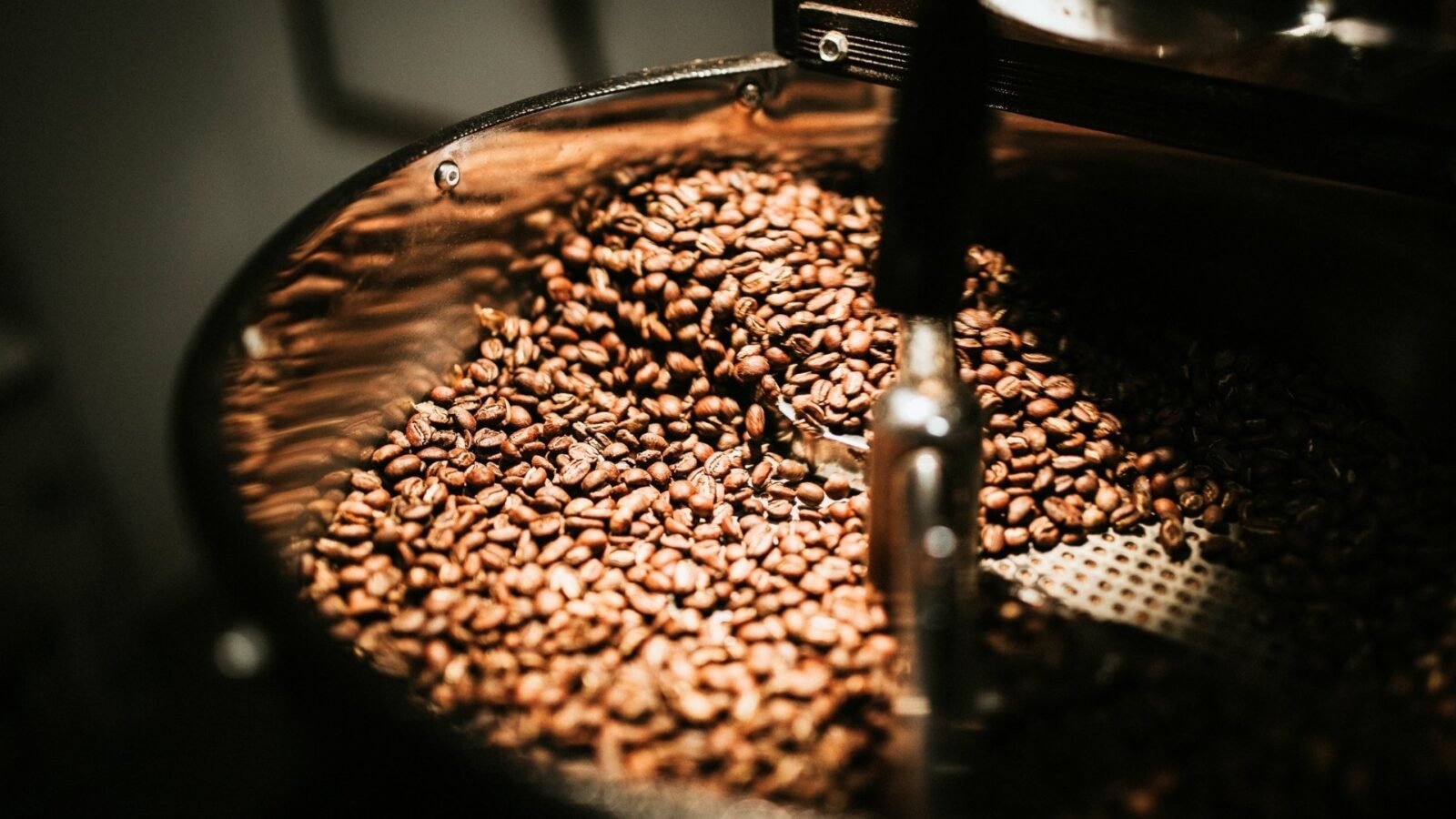
At first, there was no such thing as a coffee blend as all kinds of coffee were single origin. However, for economic reasons, people have made more and more coffee blends along with coffee cultivations that have spread widely.
An example of a coffee blend is Mocha-Java, which is the first coffee blend ever created. It is a blend of green coffee beans from Yemen and green coffee beans from Java, Indonesia. The blend was created from two specific kinds of coffee beans since both mocha and Java beans were the only kinds of coffee beans on the market at that time.
Nowadays, coffee shops or roasters purposely create various coffee blends to construct uniquely flavored coffee. Other than that, they try to make coffee with a harsh flavor due to the high level of acid to be softer by blending it with coffee beans that have different flavors.
In addition, coffee shops or roasters also make coffee blends to achieve flavor consistency. For example, espresso is made through a complex process, making the taste unpredictable. Because of that, coffee blends are necessary for expresso to have the same flavor in every coffee shop’s branch.
One of the benefits of coffee blends is the flexibility they offer to roasters. Roasters can mix and match beans from different origins, which allows them to experiment and create unique blends that are tailored to their customer’s preferences.
Another benefit of coffee blends is that they are less expensive than single origin coffee. Blends are more widely available, which makes them more affordable for consumers. The cost of blended coffee is also lower because the beans used in the blend may not be of the same quality as those used in single origin coffee.
Which One is Better? Single Origin or Coffee Blend?

To have an idea of which kinds of coffee suits you better between coffee single origin vs blend, take a look at these three factors to compare them.
1. The Characteristics of Coffee Flavor
In terms of flavor, each type of coffee is better than the other in its own characteristics. Coffee with a single origin, such as a high-grade Mandheling green coffee or Aceh Gayo green coffee, has an unmixed original flavor, so it tastes stronger. On the other hand, as it is a mix of various coffee beans with different tastes that complement each other, the flavor of the coffee blend is more unique and balanced.
2. The Degree of Coffee Beans Purity
For purity, a single coffee origin can never be beaten by a coffee blend. The beans of single origin coffee originated from one region or country, so it is as pure as they can be. On the contrary, coffee blend beans come from many places following the origins of the mixed beans.
3. The Consistency of the Coffee Flavor
Consistency is not what coffee single origin is known for. Thanks to its purity, the flavor of coffee of single origin can be different depending on the weather condition at the time of harvesting the beans. Plus, the weather frequently changes from time to time.
Because of that, this particular factor is the advantage of the coffee blend. When it is made, the coffee blend is intended to have a more well-rounded flavor. As a result, this kind of coffee has a consistent flavor.
In the end, the comparison of coffee single vs blend is not to find which one is the best type of coffee. Instead, it is for you to know which one is better for you, as everyone has his or her preference.
Nevertheless, if you want to try or your business is in need of single origin coffee, you can try to buy wholesale green coffee beans from Indonesia like Mandheling coffee beans from Sumatra or green coffee beans from Aceh. And if you are interested, make sure you buy them from Indonesia’s leading green coffee supplier!

